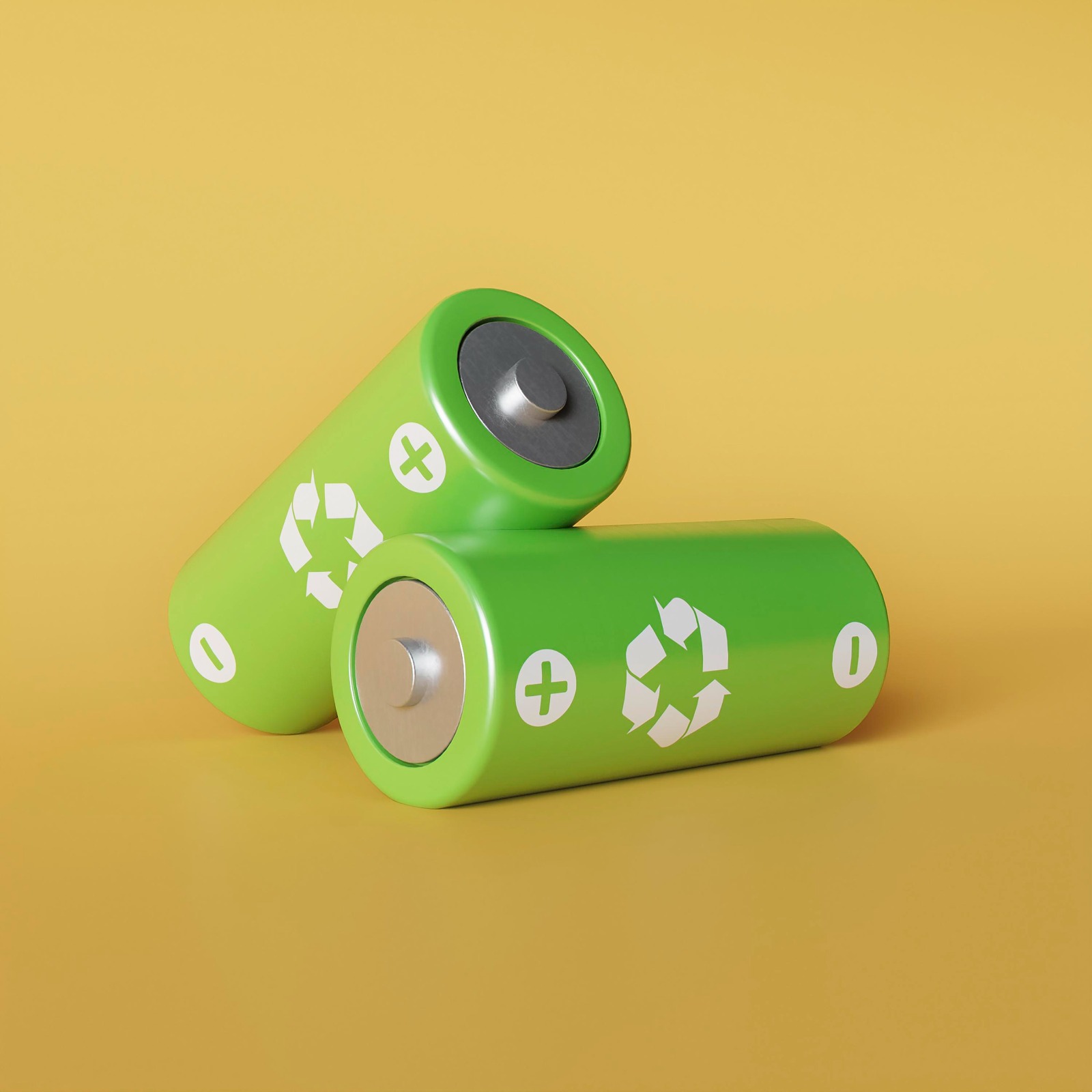Discovery of Crustacean Shells as a Potential Lithium-ion Battery Replacement
The Center for Materials Innovation at the University of Maryland has discovered a potential replacement for lithium-ion batteries in the shells of crustaceans like crabs and lobsters. The shells contain a chemical called chitin that, when combined with zinc, can be used to power batteries.
Chitin-zinc Batteries: An Environmentally Friendly Solution
Unlike lithium-ion batteries, chitin-zinc batteries are biodegradable and can decompose in soil in just five months. This means that they present a much more environmentally friendly solution to the disposal of used batteries. Moreover, the extraction of lithium has a devastating impact on the planet, making chitin-zinc batteries a much more sustainable alternative.
Efficient and Cost-Effective Energy Source
The University of Maryland’s study found that chitin-zinc batteries were 99.7% efficient after over 400 hours of use, indicating a highly reliable and efficient energy source. Furthermore, these batteries can likely be produced cheaply at scale, making them an ideal solution for the transition towards affordable and environmentally friendly batteries as we move away from energy sources like methane gas and coal.
Chitin: A Versatile Material with Various Application
Chitin is a polysaccharide that makes crustacean shells hard and resistant. It is abundant in nature and can also be found in fungi and insects. Scientists have been researching its various applications for years, from wound dressing to anti-inflammatory treatments. Its potential as a battery source has only recently been revealed.
Potential Limitations and Challenges
While chitin-zinc batteries show great promise, there are also potential limitations and challenges that need to be addressed. For example, the performance of these batteries may be affected by variations in chitin quality and purity, which could impact their long-term durability. Additionally, scaling up production of these batteries may be challenging, especially given the current dominance of lithium-ion batteries in the market.
A Breakthrough in Sustainable and Safer Battery Solutions
The conventional batteries, such as lithium-ion, can take hundreds of years to break down and contain chemicals that are often corrosive and flammable. In some cases, they have caused fires in waste and recycling sites, and even on aircraft. Therefore, the discovery of chitin as an alternative to these problematic batteries presents a significant breakthrough in the search for more sustainable and safer battery solutions.
Conclusion: A Significant Step Towards Sustainable Energy
Chitin zinc batteries are a promising new technology that has the potential to revolutionize the battery industry. By utilizing natural and biodegradable materials, these batteries can help reduce our impact on the environment while still providing reliable and efficient energy storage. While there are still challenges to overcome, researchers are making significant progress in improving the performance and stability of chitin zinc batteries. As more research is conducted, we may see chitin zinc batteries become a more viable option for a range of applications where sustainability and biodegradability are important considerations.



Leave a Reply